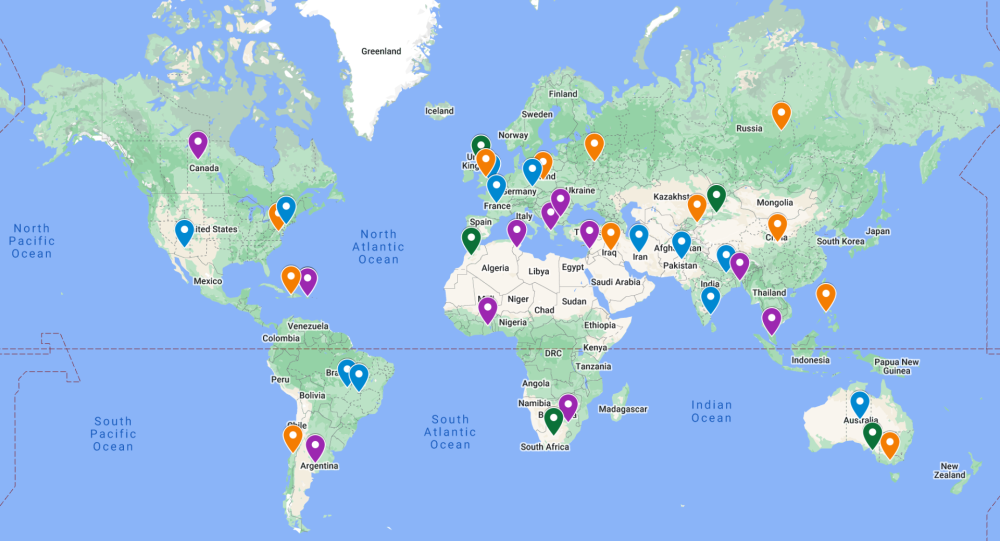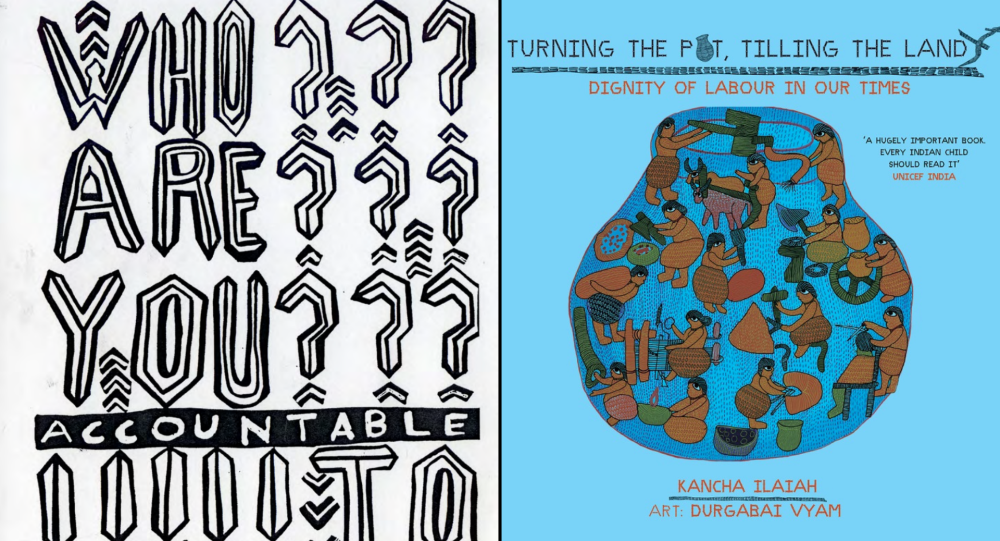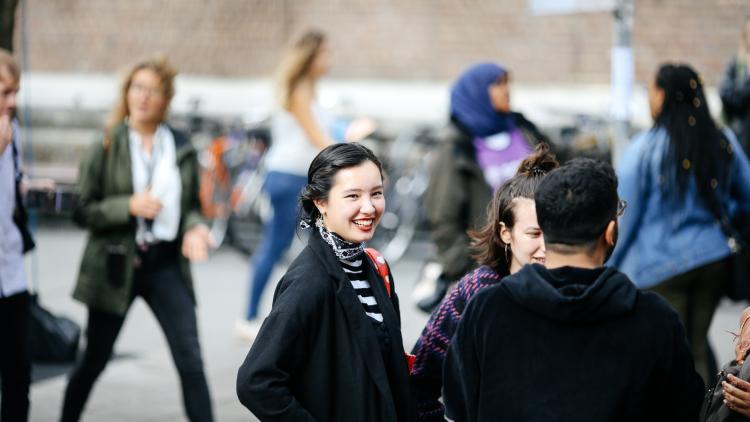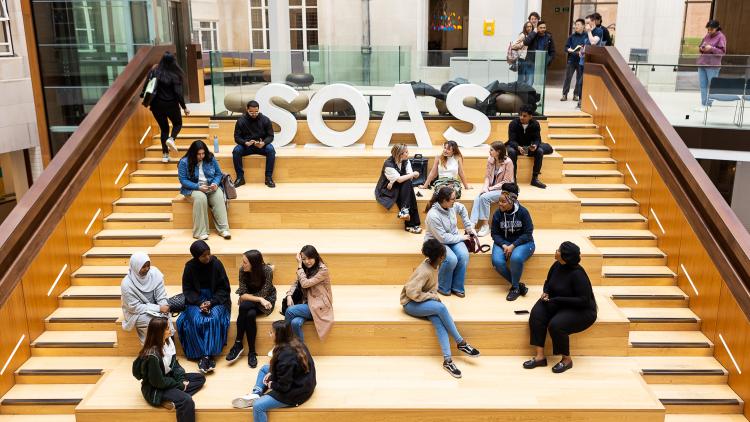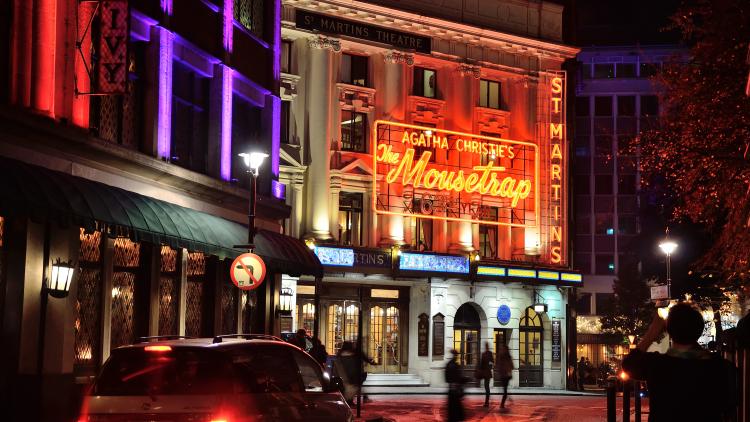A radical reading list: How can we decolonise our education?
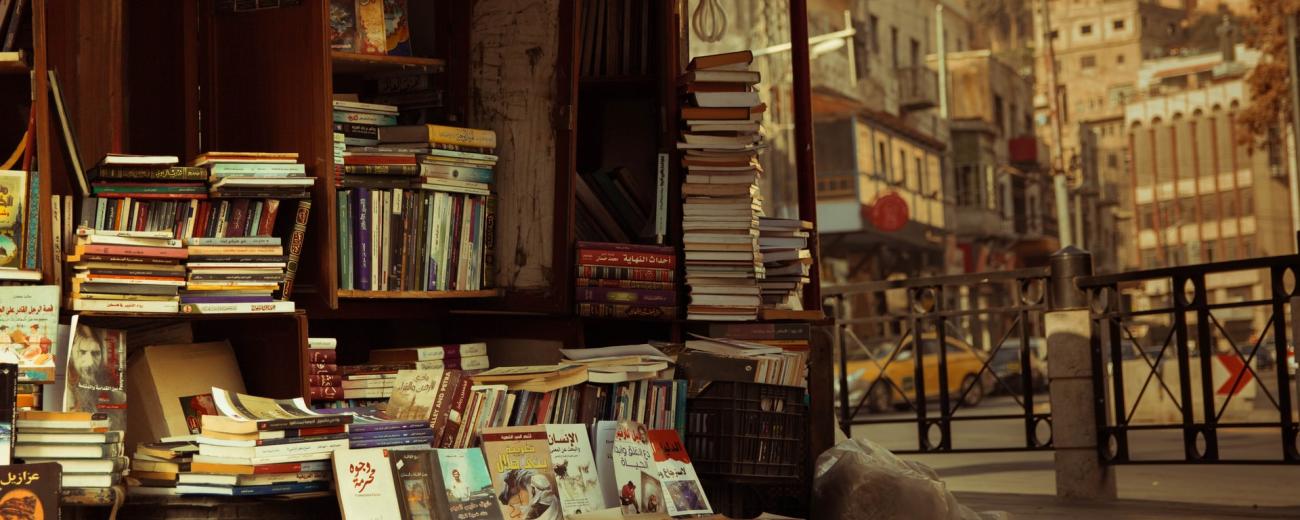

As an education co-creator intern, Shloka Murarka worked with the SOAS Library to create a 'radical reading list', highlighting independent publishing from around the world. In her blog, she describes the importance of doing so and offers a selection of her favourite pieces.
As students and academics trying to ‘decolonise’ our education, we often consider who is writing the work we consume. We ask what their background is, whether they are someone at the margins and if they represent the community they are writing for.
Who wrote the last book you read and where was it published?
I believe we know how important it is to read from a broad variety of writers, and SOAS module reading lists typically span voices in the Global South and are gender inclusive. Now, what if I asked where this work is being published? This is a question we consider less often, but one that is equally important in ensuring that our readings are truly global.
Local communities will always have a better understanding of their own politics, economic realities, and even their own obstacles.
The majority of literature we consume is published under the Western canon, especially in the UK, with its rich history of publishing. However, reading independent publishing is crucial. If everything we consume is met with the same ideals of censorship, how do we overcome hegemonic Western thought? Independent work does not come from large multinationals, often referring to university-based, collective-based or forms of self-publishing.
The need for independent publishing is magnified in the political economy of development. Local communities will always have a better understanding of their own politics, economic realities, and even their own obstacles. Since it does not need approval from the outside to be circulated, it is more likely to provide genuine insight into the structures that govern society.
Creating a radical reading list
I had the opportunity to compile a ‘radical reading list’ while interning in the library last year as part of SOAS’ co-creator for education internships. As a first-year undergraduate student who has spent a lot of time in libraries, it was an exciting position to be chosen for, which gave me a lot more freedom than I expected or thought I was ready for.
I got to work with universities across London, like the LSE Library, and even got a behind-the-scenes tour of the British Library and SOAS archives. Although the mandate of a radical resource list was exciting, what was most exciting was being able to pursue my own passion for global independent publishing.
This interactive list takes a region-specific approach to plotting resources. If we are looking at work published by local communities, it is necessary to hear from communities spread across the globe. While this list can never be exhaustive, it attempts to be a fairly representative starting point. Some work is in other languages, where translations are easily available, but linking the translation alone would feel like losing some knowledge in the process.
The nature of the resources varies to account for different levels of interest/understanding. The colour codes represent blue for books, orange for websites, purple for reports/PDFs and green for podcasts, cartoons, images. The focus is on open-source resources, which tend to be the nature of this publishing, where they want everyone to be able to read it. However, it felt imperative to include work from the SOAS library, which has many resources that more traditional academic libraries do not.
A taster of the radical reading list
Here are some of my favourite pieces from the open-access radical reading list.
- In the wake of a black swan by Margarita Lyutova
An article for Meduza, a Russian website that was banned under Putin but can still be accessed internationally, discusses the unprecedented economic sanctions following the Ukraine invasion.
- Turning the pot, tilling the land by Kancha Ilaiah and Durgabai Vyam
A children’s book from India about the betterment of human life by castes despised as ‘backward,’ in an attempt to inculcate a sense of dignity of labour, by a publishing house focusing on caste related works.
- What will it take to fix our municipalities? by Shaeera Kalla
A podcast from South Africa in conversation with local community leaders engaging in politics as activists, not politicians, to fight against the negative income impacts of COVID-19, by Amandla! Media, an old socialist magazine.
- Last words to the nation by Salvador Allende
A transcription of the last radio broadcast delivered by the Chilean president before he killed himself during the US-sponsored coup d'etat against the democratically elected government.
- What's the Non-Profit Industrial Complex and why should I care? by an unspecified author
A zine, which is a small self-published magazine about how ‘non-profits’ are used to encourage social movements to model themselves after capitalist structures rather than to challenge them, is an open-access resource from the USA.
The hope is for the list to be a starting point for a growing resource base. The SOAS Library is in the process of procuring some items that are not already available. Only when students and academics work together to amplify marginalised voices from around the world can we continue to decolonise education.
Header image credit: Ayman Yusuf via Unsplash.
About the author
Shloka Murarka is a SOAS Digital Ambassador studying BSc Economics. Coming from India, her focus is on feminist activism and labour markets. You can find her at @ShlokaMurarka on X / Twitter.
